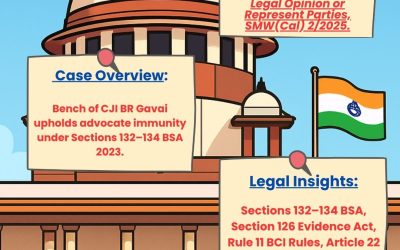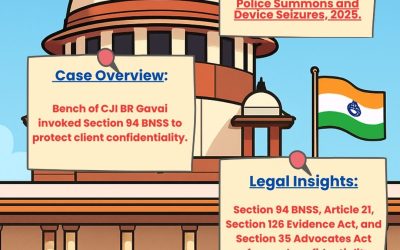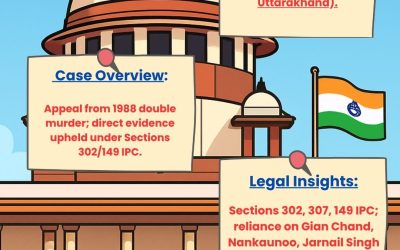Headline
The Supreme Court of India states legitimacy presumes paternity and DNA Test not compulsory without proof of non-access.
Summary
The Supreme Court of India stated that a child born within a valid marriage is presumed legitimate, showing the paternity of the husband U/S 112 of the Indian Evidence Act, 1872. The Court held that legitimacy and paternity are not distinct concepts and refused to order a DNA test without conclusive proof of non-access between spouses.
Key Facts
- Case Name: Ivan Rathinam vs. Milan Joseph
- Judges Name: Justice Surya Kant & Justice Ujjal Bhuyan
- The issue was whether legitimacy and paternity are separate and whether a DNA test is needed.
- Ruling: A child born in marriage is presumed legitimate unless non-access is proven. DNA testing is not compulsory without evidence of non-access.
Legal Insights
The Supreme Court of India shed light that simultaneous access by another person does not deny the presumption of legitimacy. Non-access must show impossibility, not just doubt. Allegations of adultery are not enough.
Impact
The ruling of the Supreme Court strengthens legal safeguard for marital children, controlling unwarranted paternity disputes and DNA tests based on just allegations.
Why It Matters
This decision focuses on section 112 of Indian Evidence Act on presumption of legitimacy, making sure of stability in family law and safeguarding privacy rights in paternity cases.
Source:








